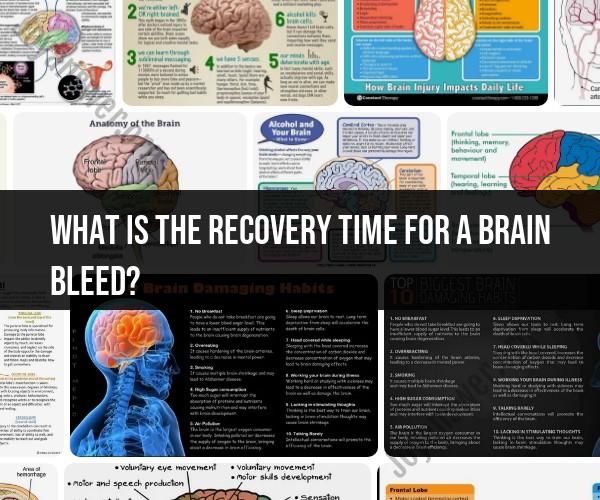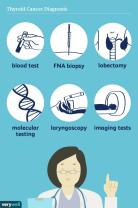What is the recovery time for a brain bleed?
Brain Bleed Recovery Time: Navigating the Healing Journey
The recovery time for a brain bleed, also known as a brain hemorrhage, can vary widely depending on factors such as the type and severity of the bleed, the underlying cause, the individual's overall health, and the effectiveness of medical treatment. Here is a general overview of the brain bleed recovery process and the factors that can influence it:
1. Acute Phase:
- The immediate focus is on stabilizing the patient and preventing further bleeding or complications.
- Medical interventions may include surgery, medication, and close monitoring in an intensive care unit (ICU).
2. Hospital Stay:
- The length of the hospital stay depends on the type and severity of the brain bleed and the individual's response to treatment.
- It can range from a few days to several weeks.
3. Initial Recovery:
- During this phase, the brain begins to heal, and any neurological deficits are addressed through rehabilitation.
- Rehabilitation may include physical therapy, occupational therapy, speech therapy, and cognitive therapy.
4. Long-Term Recovery:
- The pace and extent of recovery can vary. Some individuals experience significant improvements, while others may have residual deficits.
- Recovery can continue for months or even years after the initial bleed.
Factors Influencing Recovery Time:
Type of Bleed:
- The location and type of brain bleed (subdural, epidural, intracerebral, subarachnoid, etc.) can impact the recovery process.
Size and Severity:
- The size and extent of the bleed influence the potential for neurological damage and the length of recovery.
Underlying Cause:
- Identifying and treating the underlying cause (such as hypertension, trauma, aneurysm, or arteriovenous malformation) is crucial for recovery.
Age and Health:
- Younger individuals often recover more quickly than older adults.
- Good overall health can positively impact recovery.
Prompt Treatment:
- Rapid medical intervention can prevent further damage and improve the chances of recovery.
Rehabilitation and Support:
- Engaging in rehabilitation therapies and having a strong support system can aid in recovery.
Neuroplasticity:
- The brain's ability to reorganize and form new connections (neuroplasticity) plays a role in recovery.
Complications:
- Complications such as infections, seizures, or hydrocephalus can affect recovery time.
It's important to note that every individual's recovery journey is unique. Medical professionals will closely monitor and guide the recovery process, tailoring treatment and rehabilitation to the specific needs of the patient. Patience, consistent medical care, and adherence to recommended therapies are essential for optimizing recovery after a brain bleed.












